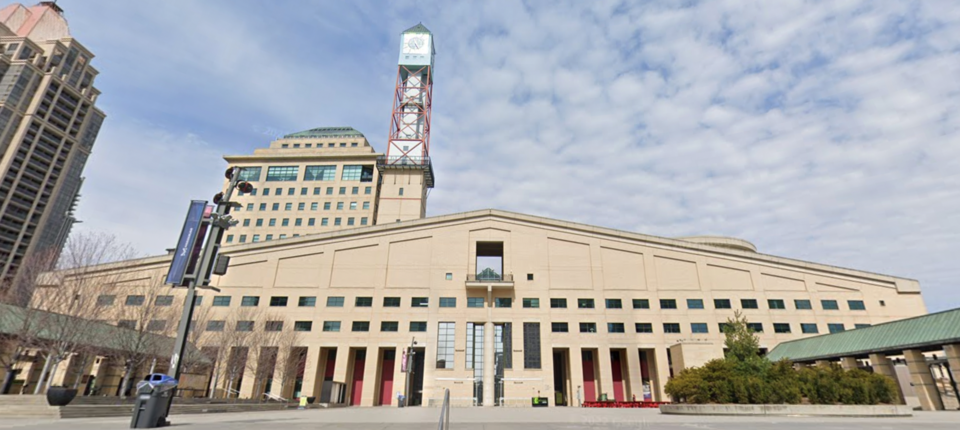Findings from a survey of municipal leaders illustrate the simmering uncertainty around strong mayor powers, according to an organization representing staff of Ontario cities and towns.
The Ford government has given so-called "strong mayor" powers to 46 municipalities, ostensibly to speed up decisions on housing and other "provincial priorities." These mayors are now allowed to hire and fire key staff, including the chief administrative officer (CAO); restructure departments; direct staff to do research; start, dissolve and change the makeup of committees; present a budget and veto bylaws.
While just 15 per cent of strong mayors have swapped out their CAO, 54 per cent have retained the power to do so, according to a new report from the Association of Municipal Managers, Clerks and Treasurers of Ontario (AMCTO). The rest have chosen to delegate the power back to council.
Almost two-thirds kept the power to establish and assign committee functions. Just over a quarter retained power over employment matters, though only 15 per cent made changes.
Having that power in the hands of one person leads to "uncertainty" among staff in those municipalities, which can lead to difficulty in hiring and retaining staff, AMCTO Executive Director David Arbuckle said.
Only Aurora Mayor Tom Mrakas used his budget veto — to quash council's decision to reduce funding for the local sports hall of fame.
By far, the most-used strong mayor power has been directing staff to undertake research or provide advice on municipal policies and programs without the council's direction — 87 per cent of strong mayors have flexed that muscle, the AMCTO found.
Staff plan their research workload ahead of time, so when a mayor directs them to research a new topic, it can throw things off, Arbuckle said.
"And what's not taken into consideration is ... do they ultimately have the capacity to do that work?" he said. "Do they have the resources? What do they ultimately have to move aside or prioritize differently as it relates to the direction of that work?"
The association surveyed CAOs and clerks in the 46 strong mayor municipalities. About three-quarters of them responded. The AMCTO said it filled in the gaps via interviews with other municipal staff and the required public listing of strong mayor decisions.
The report focuses on the effects of strong mayors on municipal staff, who were overworked before the new powers due to downloading from higher levels of government on issues like homelessness and immigration, Arbuckle said.
Attracting and retaining staff is a major issue for cities and towns and strong mayors don't help, Arbuckle said. The prospect of being fired for butting heads with the mayor is not an attractive one for many would-be CAOs, Arbuckle said.
"We know for a fact ... that in the CAO space or leadership space, there are good candidates that aren't applying for jobs," he said.
Because of the increased job precarity — see: Mississauga, Caledon, Welland, and more — CAOs are demanding huge severance packages, which ultimately fall on the taxpayer, Arbuckle said.
Assuming no reversal on the powers themselves is incoming, Ontario should clarify the roles of the CAO and mayor in legislation, Arbuckle said.
"Because right now, the Municipal Act really just says you can have a CAO, but there's no real outline of responsibilities within the act," he said.
Also, what counts as a "provincial priority" is "a very wide-open interpretation," he added.
The next provincial election, which Premier Doug Ford has hinted could be sooner than 2026, is a good opportunity to push for change, Arbuckle said. AMCTO is providing its findings to the government and the opposition parties, he said.
"As an association, we're ultimately going to make an effort to highlight some of this research, but then ultimately see if there's an opportunity to work with both the government and the opposition parties as they move forward, to move in a direction to remove some of the staff-related pieces of the legislation," he said.




